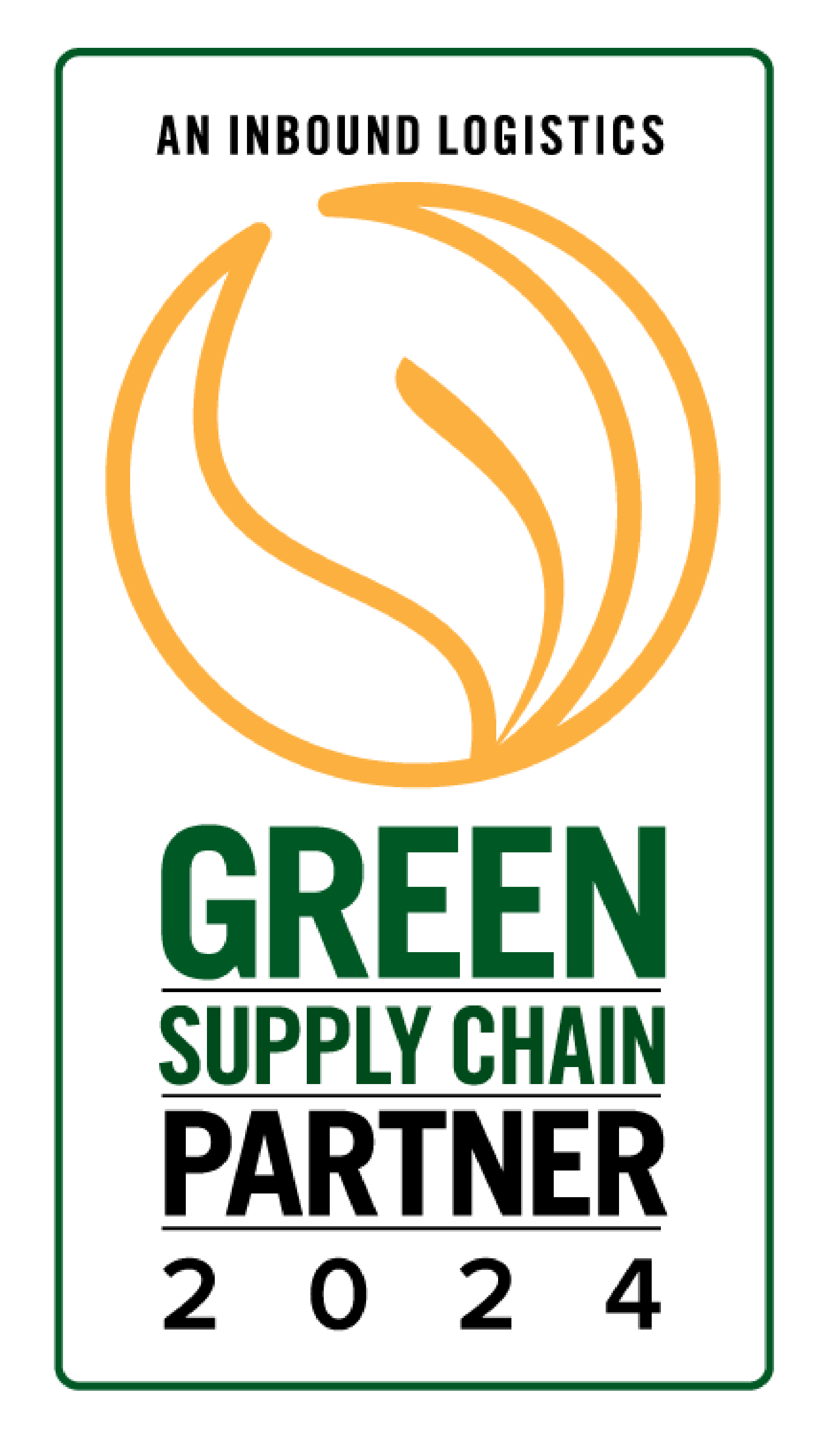Onepak provides its clients with a Carbon Offset Management Report that details the carbon footprint of all logistics services performed for that client, as well as the carbon removal offsets purchased by Onepak that neutralize the environmental impact.
How do companies use this information about carbon-neutral logistics in their reverse supply chain? It depends.
Companies that have declared net-zero carbon goals are often desperate to apply this data to show progress toward achieving their targets. Public companies will soon have SEC (Securities and Exchange Commission) compliance to consider. Electronics manufacturers complying with extended producer responsibility regulations must document ever-increasing equipment takeback, including the emissions impact.
One of Onepak’s clients, a global electronics recycler using Onepak’s ReturnCenter platform to manage hundreds of shipments per month, shares the Carbon Offset Management Report with their clients to help them track scope 3 emissions. They also use it internally.
“We plug that data into our own models as part of a very complex set of calculations around our scope 2 emissions. It’s also helpful in our application for ISO 14064 certification,” says their general manager. ISO 14064 is an international standard for quantifying and reporting greenhouse gas emissions and removals.
How Onepak’s emissions offset data is used by the electronics recycler’s clients depends greatly on where those companies are on their sustainability journey. Some of their healthcare clients, for example, are focused on reducing medical waste sent to incinerators, and data around reverse logistics for their ITAD activities is not a priority. For others with no system in place to track this information or no company commitment to track or reduce emissions, they simply don’t know what to do with it. Larger companies with sustainability departments are thrilled to apply it to their scant scope 3 emissions tracking efforts.
“It’s the wild west when it comes to how companies apply and report this type of data,” says Shawn Stockman, VP of Sustainability Solutions for Onepak. “There are currently no standards in place for electronics recyclers to track or report the emissions data for their activities—let alone for the logistics footprint involved in delivering equipment to their facilities—and there are few guidelines in place for where this data fits into reporting among clients of electronics recyclers.”
However, as dominate platforms like ServiceNow and Workday continue to evolve, it will become more of a standard practice to track and report the emissions impact of reverse logistics. Onepak’s ReturnCenter application for ServiceNow is a step in that direction. As more standardization and regulation come into play for reporting emissions and offsets, Onepak will be well-positioned as a leader to report into any platform or reporting tools clients use to document their emissions reductions.
For more information, visit https://wp.onepak.com/carbon-neutral/ or contact us.







